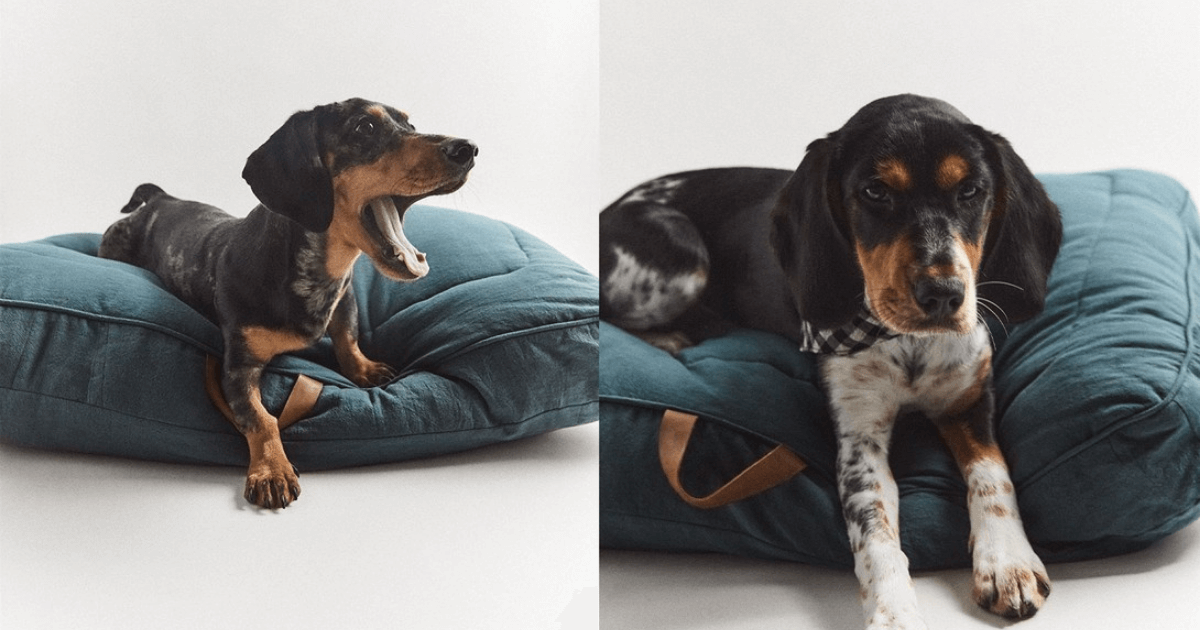Licensing Deepens Hold in Pet Business

All those months spent at home with furry friends have translated into a massive sales opportunity. Apparel and insurance designed for pets, in particular, have become key ingredients for licensing.
This trend first took hold during the pandemic when newly homebound—specifically Millennial and Gen Z—consumers in the U.S. adopted 11.38 million pets in 2020. And while the adoption rate did slow last year, Petco Health and Wellness Co. CEO Ron Coughlin believes there is no turning back.
For example, Italian fashion brand Sunnei launched a petwear collection late last year that was replete with a trench coat ($303), and hoodies ($187), including one listed as sold out. Pet retailer Petco, meanwhile, developed the private label Reddy, a “premium” apparel line that includes puffer vests, pajamas, and shield boots. And fast-fashion retailer Zara introduced a collection late last year as part of its Zara Home format that combines quilted jackets and sweatshirts with pet brushes and beds.
Pet insurance is also benefiting from brand names. In February, Allianz Insurance’s Petplan launched “Fetch by The Dodo” insurance under the licensed The Dodo brand. The plan carries a $35 monthly fee and covers services like veterinary exam fees and emergency visits. Chewy Inc. is working with pet insurer Trupanion on a similar plan.
And like insurance for humans, competitors have launched side-by-side rate comparisons with Petco putting its plan against one provided by Nationwide. In the U.S., roughly 1% of cats and dogs are covered by insurance, while in the UK (25%) and Sweden (40%) these rates are much higher.
The addition of higher-end apparel and insurance are key ingredients of a larger effort by pet product suppliers to broaden their reach. This is especially important as sales increases are expected to slow this year. While Petco’s sales rose 18% in 2021, the increase this year will be in the 6-8% range, Coughlin said.
Another avenue for growth is the food business. BarkBox Inc., which got its start with subscription boxes featuring licensed pet toys from brands like Sesame Street and Scooby-Doo, is making a push into the lucrative category with a food delivery service. Over time, BarkBox plans to be less reliant on its 2.3 million toys-only customers by shifting focus to those taking multiple services, CEO Matt Meeker said.
And Petco launched a 1,000-sq.-ft. in-store format at Lowe’s in San Antonio, TX that features about 700 items. These toy and food offerings are designed to attract the home improvement chain’s Millennial and Gen Z customers, Coughlin said. Petco plans to expand this effort at 14 other Lowe’s locations this year. In addition to its online business, BarkBox sells through Target, Costco, and Amazon, and will add 2,800 Walmart stores later this year as well as outdoor retailer REI, Meeker said.
“What the pandemic did was add fuel to the steady fire of the industry,” said Vic Mason, president of the World Pet Association. “While the pet industry was already doing well pre-pandemic, the pandemic provided a new motivation for large corporations to acquire products and solutions that appeal to our ‘new normal.’”




